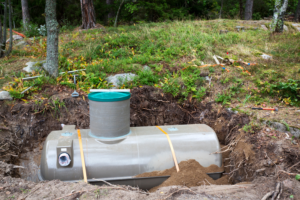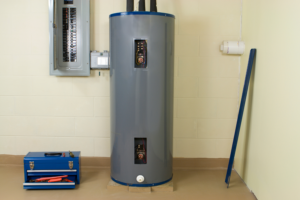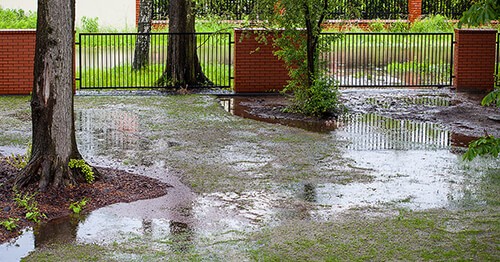 Once it appears that winter is giving way to spring in the Puget Sound area, we can expect plenty of rain. Although you may not realize it, this can damage your septic system. When a significant rainfall floods the ground surrounding your drain field, which is a soil absorption area, it becomes saturated. This makes it difficult for water to flow out of your septic system. The trapped water will then flow backward through your plumbing pipes, then your toilets and drains. When drain fields are flooded, untreated sewage can flow into the groundwater and nearby local waterways, potentially causing contamination.
Once it appears that winter is giving way to spring in the Puget Sound area, we can expect plenty of rain. Although you may not realize it, this can damage your septic system. When a significant rainfall floods the ground surrounding your drain field, which is a soil absorption area, it becomes saturated. This makes it difficult for water to flow out of your septic system. The trapped water will then flow backward through your plumbing pipes, then your toilets and drains. When drain fields are flooded, untreated sewage can flow into the groundwater and nearby local waterways, potentially causing contamination.
To avoid this messy situation, FloHawks recommends taking several simple steps before, during, and after the rainy season.
Before Rainy Season
- Only plant grass above your drain field. Do not plant trees or bushes in this area.
- Check to make sure that your septic system is in good working order before the rainy For example, if the season begins and your tank has not been pumped, problems are bound to happen.
- Be certain that water runoff is not directed toward your drain field or septic tank. Otherwise, the soil surrounding it will get soggy. You also need to clear debris from your rain gutters on a regular basis and make sure that the gutters don’t drain into the drain field area.
- Avoid driving vehicles or other heavy equipment over your drain field. This causes compacted soil that reduces the drain field’s ability to treat wastewater. In fact, this should be avoided at all times of the year.
During Rainy Season
- There are several signs that your septic system is not working properly. If you see the following, relieve pressure on your system by reducing or eliminating water that flows down your drains until your drain field dries:
- Until the drain field is dry, minimize the stress on your septic system by only flushing the toilet when necessary, take short showers if possible, and don’t run your dishwasher or do laundry, if possible. You can also reduce water usage by only running full loads of laundry instead of multiple smaller loads.
- Toilets making strange noises or flushing slowly.
- The drain field is flooded.
- Drains clogging or draining slowly.
After Rainy Season
- Have your septic system inspected and serviced by a professional if you think there is a possibility that it is damaged. One sign that this has occurred is if the water over the drain field does not recede when the rain stops.
- Wait until the water has receded from your drain field and then check your system for debris or silt. If they are present, have your system pumped as soon as possible.
FloHawks Can Help
Contact FloHawks to make sure that your septic system and drain field are ready for the rainy season. We can handle the challenge quickly and professionally. To have all of your plumbing or septic system issues resolved, give us a call anytime at (800) 356-4295 or Schedule Your Service online, selecting the day and time that best suits your schedule.


